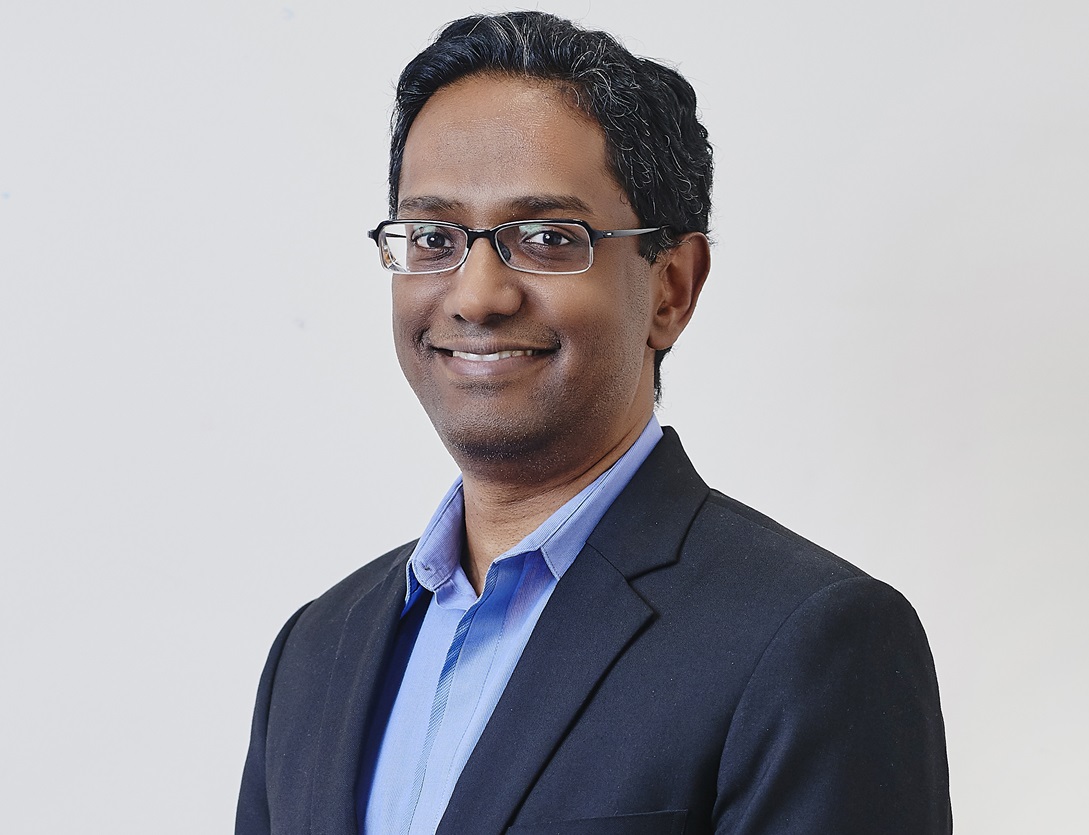
Dr Ravindran Kanesvaran, Chairman and Senior Consultant, Division of Medical Oncology,, National Cancer Centre Singapore
ESMO Asia, the annual Asian multidisciplinary oncology congress, was held in Singapore last year in December. A remarkable platform was provided for participants to share and discuss recent research findings, clinical trials, and treatment strategies, marking a great success for the conference.Bringing together oncologists, researchers, healthcare professionals, and industry representatives from across Asia, the event fostered collaboration and knowledge sharing. In addition to major advancements in cancer research, new treatment modalities, and comprehensive discussions on managing specific types of cancer, the scientific sessions covered a diverse range of topics related to oncology. The Congress was endorsed by twenty-one oncology societies across Asia and attracted close to 3000 participants.
Data analysis on an East Asian population for a new treatment regimen were also presented at ESMO Asia for the first time, potentially changing how bladder cancer patients in Asia are treated. For almost 30 years, treatment for patients with advanced-stage bladder cancer in Asia have remained largely the same – with platinum-based chemotherapy. Considering the projected growing number of bladder cancer cases in the region, the lack of substantial innovation in this space has left these patients with few options. The event also featured Dr Ravindran Kanesvaran, a Senior Consultant and Deputy Head of the Department of Medical Oncology at the National Cancer Centre Singapore.
In a brief conversation with Biospectrum Asia, Dr Kanesvaran, outlined his extensive expertise in tackling Advanced Bladder Cancer (ABC) and its prophylaxis with reference to recent clinical findings.
The age-standardised incidence rates (ASRs) of bladder cancer in Asian countries ranged from 1.5 to 6.6 per 100,000 individuals, which are lower compared to the United States (11.6 per 100,000). Mortality rates in Asia ranged from 0.7 to 2.6 per 100,000. Notably, the mortality-to-incidence ratios varied among countries, with Singapore having a ratio of 0.21 and Japan 0.25, indicating better survival rates in these nations.
In Singapore, bladder cancer is among the top 10 cancers affecting men. The age-standardised incidence rate for males is approximately 6.6 per 100,000, while for females, it is about 2.2 per 100,000. The age-standardised mortality rates are 2.6 per 100,000 for males and 0.7 per 100,000 for females.
Bladder cancer occurs when there is a growth of abnormal tissue, known as a tumour, which develops in the bladder lining. Advanced bladder cancer is where the cancer has invaded deeper layers or spread to other organs and is more challenging to treat.
The incidence and mortality rates of bladder cancer in Asia have been increasing over the past few decades. For instance, a study analysing data from 1990 to 2019 reported that the age-standardised incidence and prevalence rates of bladder cancer increased in China, Japan and South Korea, while mortality and disability-adjusted life years (DALY) rates decreased in these countries. Overall, while bladder cancer incidence and mortality rates in Asia are lower compared to Western countries, the increasing trends in certain regions highlight the need for targeted prevention and control measures.
The current global standard of care for which major guidelines were recently updated for ABC is systemic therapy with a combination of antibody drug conjugate (Enfortumab Vedotin: EV) and Immunotherapy (Pembrolizumab). However, this combination is relatively new in the market and not widely available. As such in most countries, the standard of care is combination platinum-based chemotherapy with immunotherapy (either concurrently – Nivolumab+ Gemcitabine and Cisplatin) or Gemcitabine + Carboplatin or Cisplatin followed by Avelumab maintenance (for the responders to chemo))
ADC and immunotherapy described above is not widely available and is costly. Hence most ABC patients get chemotherapy in the first line.
We had the Asian subgroup analysis of the landmark study, EV-302presented at ESMO Asia 2024. This study showed that Asian patients reacted similarly to EV and Pembrolizumab as their Western counterparts and did not suffer from more toxicities compared to them. This landmark study not only showed a big improvement in progression free and overall survival but also showed that approximately 4 out of 10 ABC patients may have a complete response.
The EV-302 data highlights the substantial benefits and results of the EV-302 combination which is practice changing and benefits Asian patients as much as their Western counterparts, provided they have access to it.




